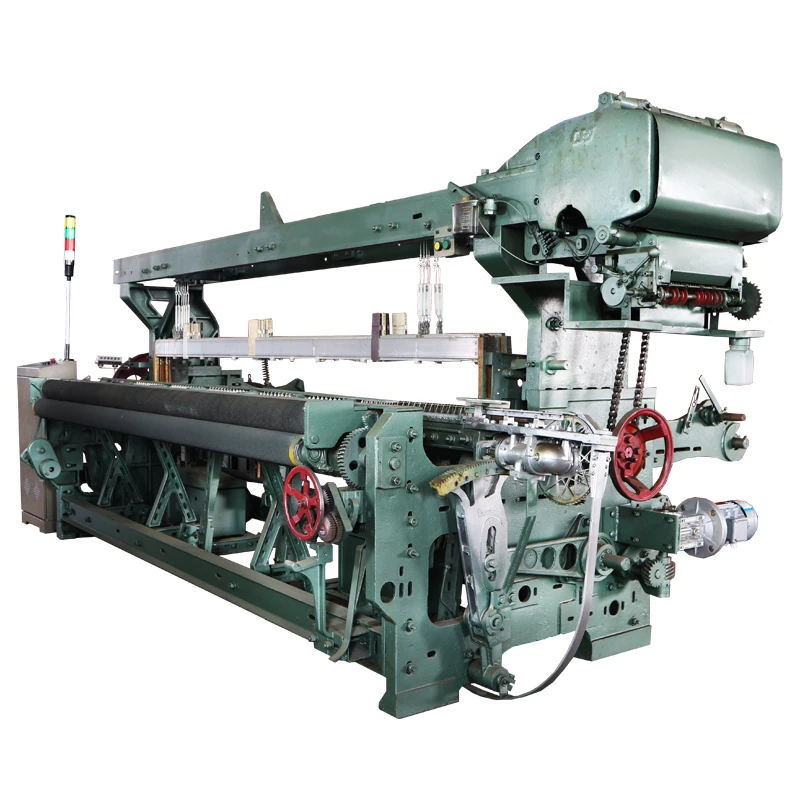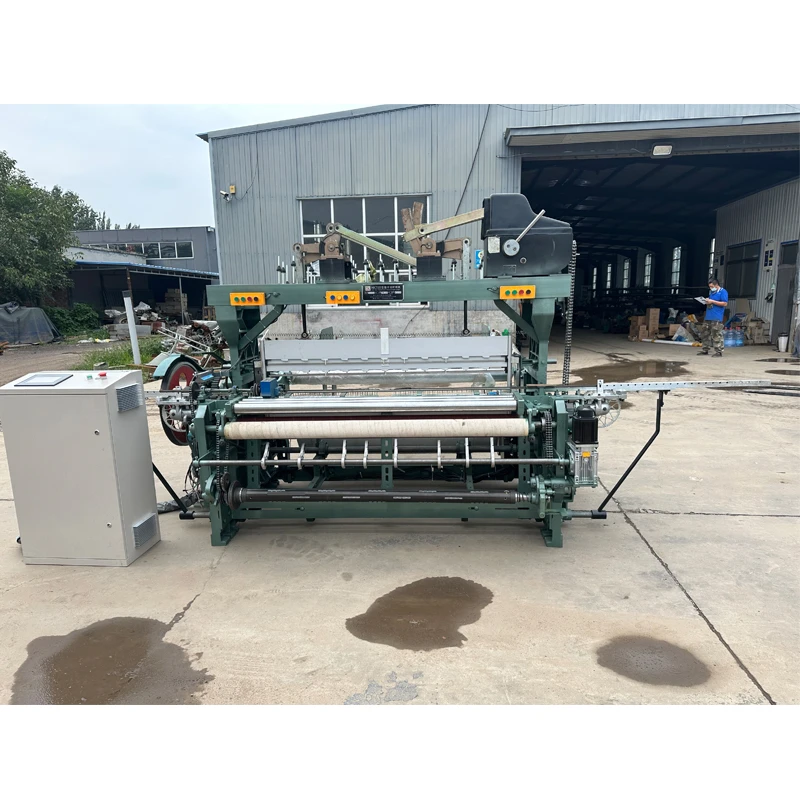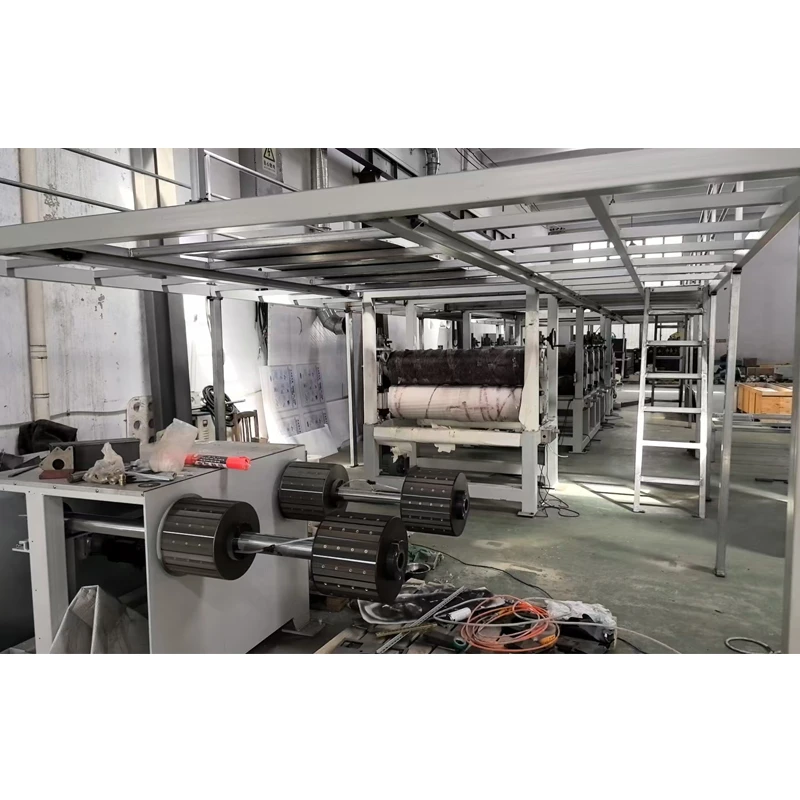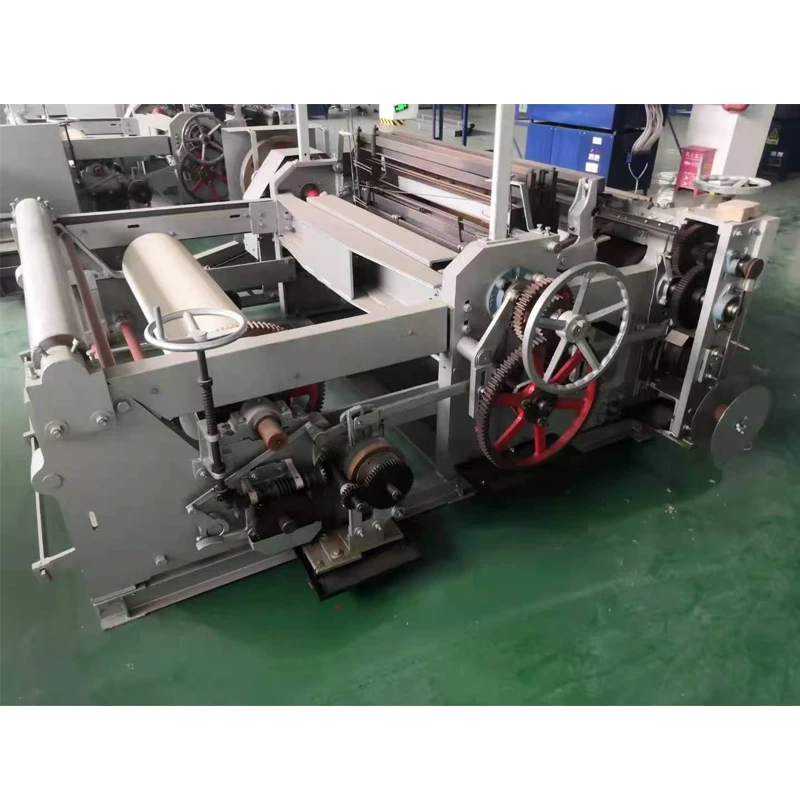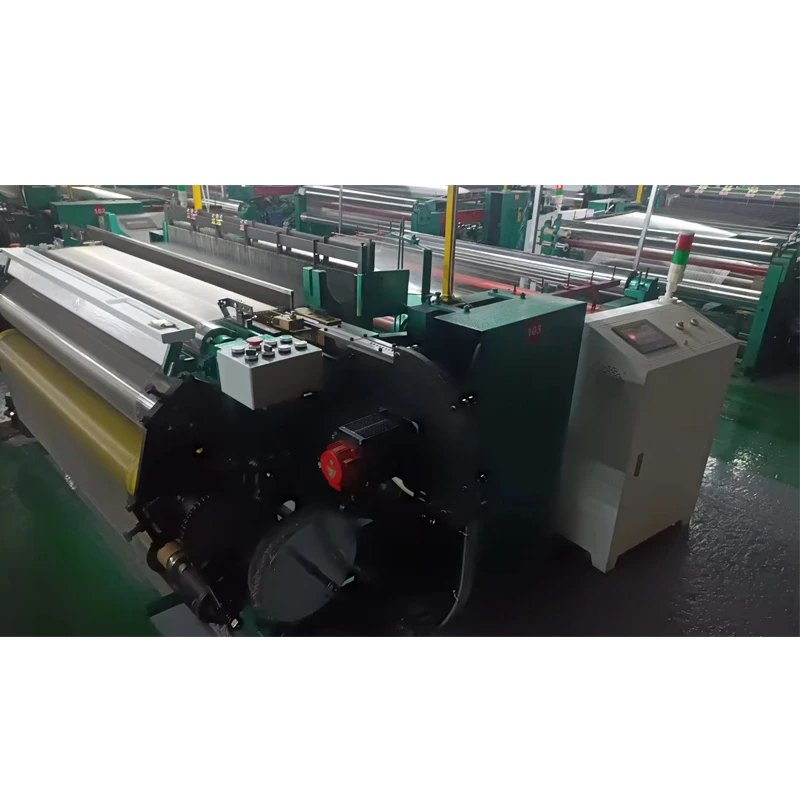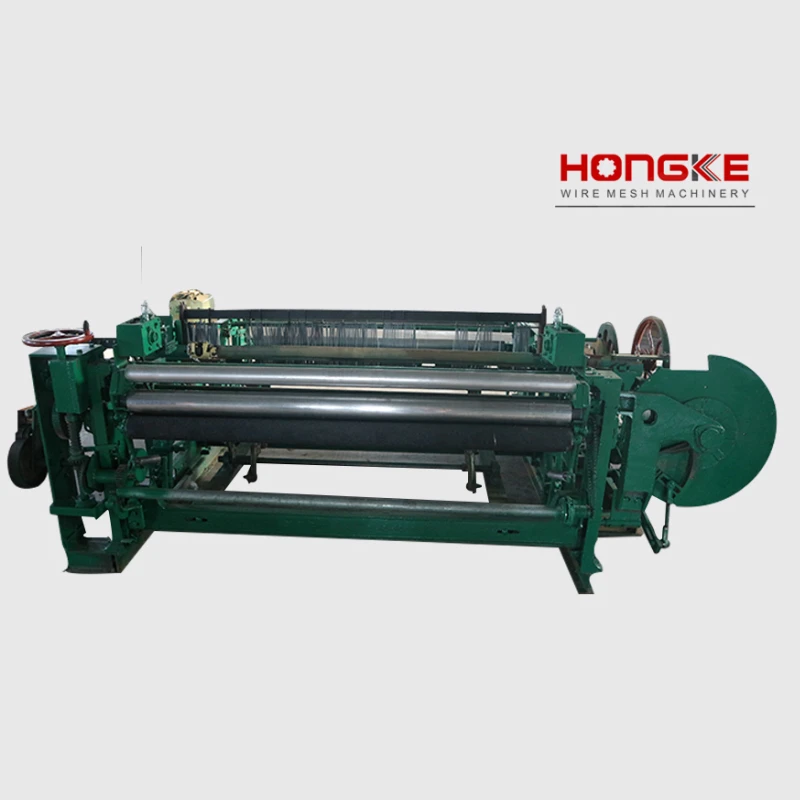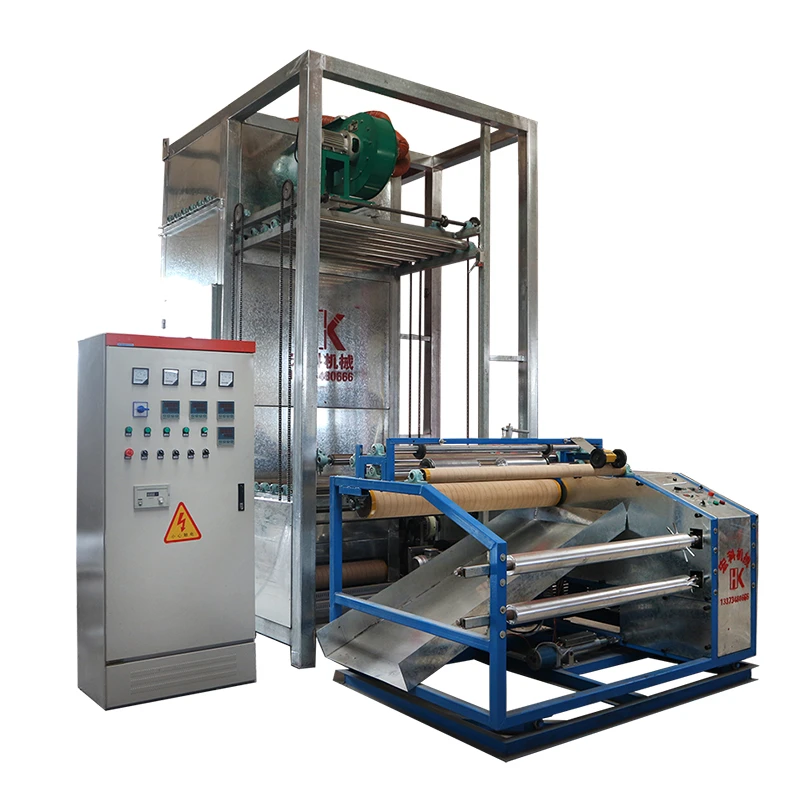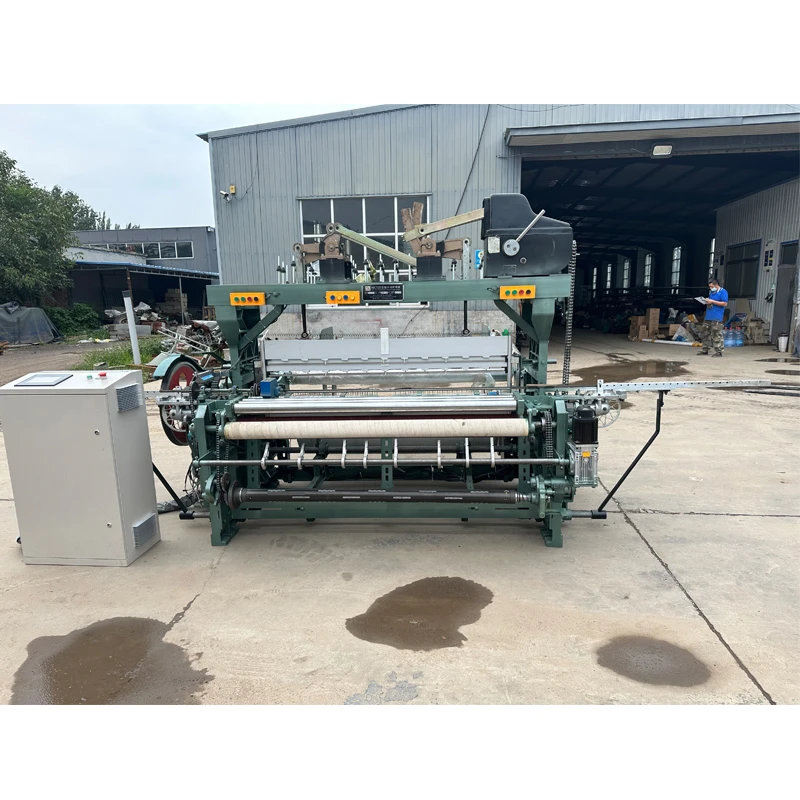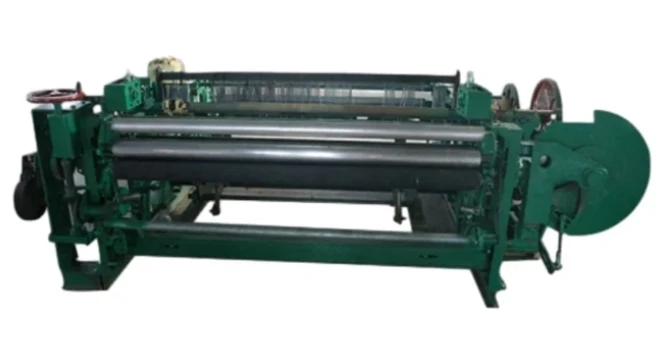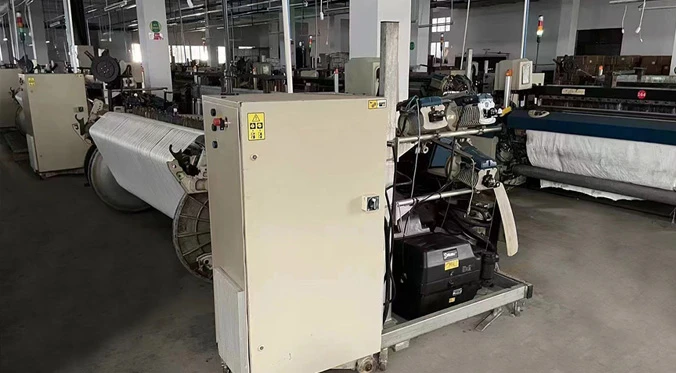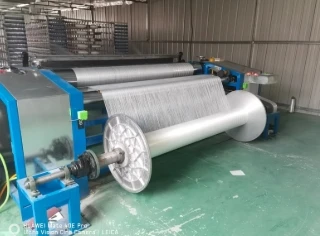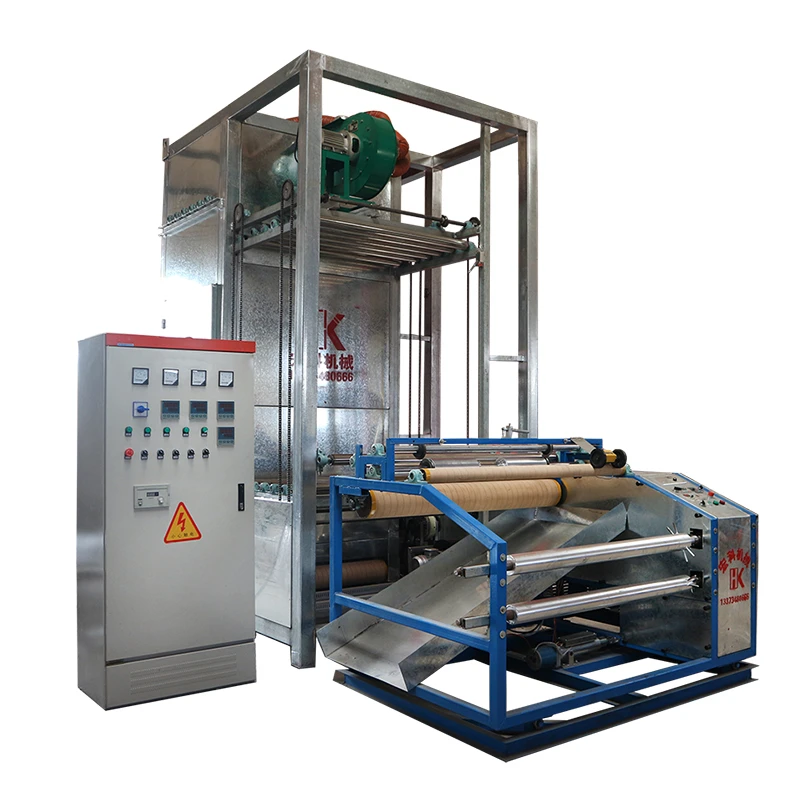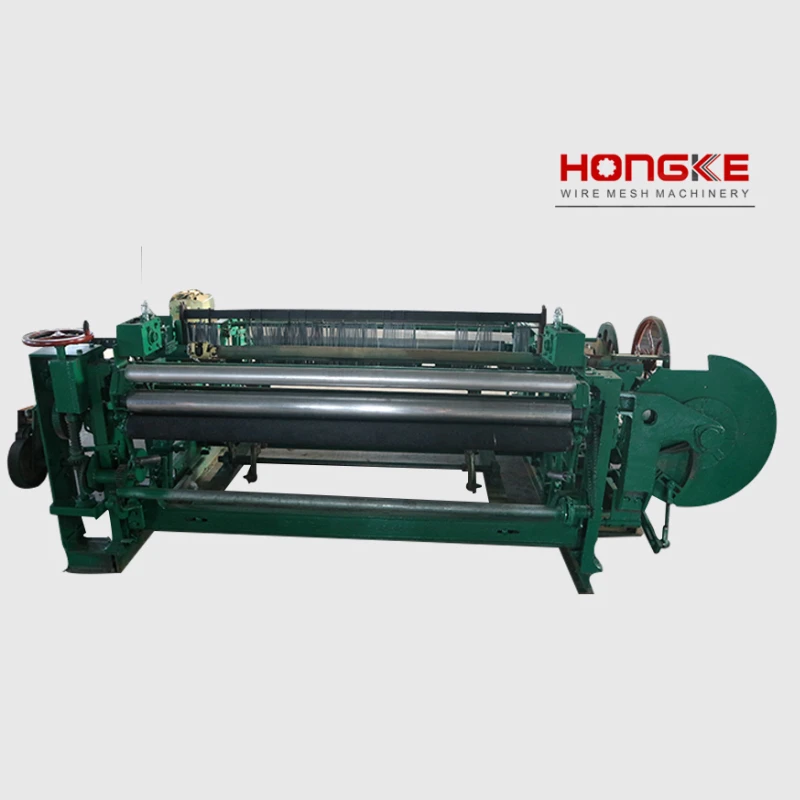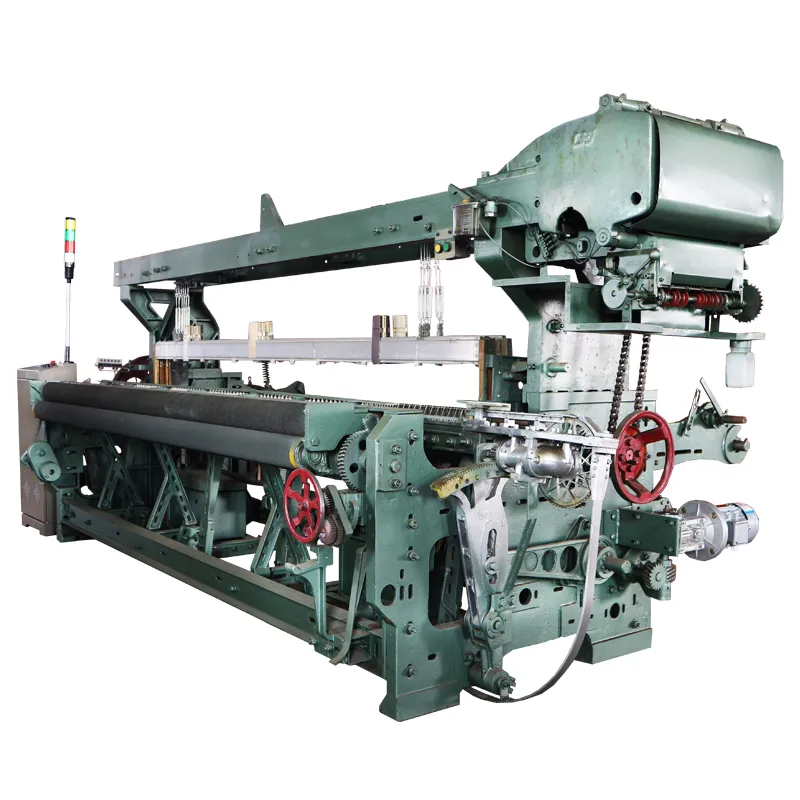
In the ever-evolving world of industrial manufacturing, the fiberglass mosquito net machine stands out as a critical solution for producing durable, high-performance window screens. Designed to meet the stringent demands of modern construction and home improvement industries, this machinery integrates advanced technologies to ensure precision, efficiency, and quality. This article delves into the core functionalities, technical specifications, and applications of the Fiberglass Mosquito Net Machine, while also exploring the expertise of its manufacturer, Anping Hongke Wire Mesh Machinery Factory.
Understanding the Fiberglass Mosquito Net Machine
The Fiberglass Mosquito Net Machine is a comprehensive production line that includes multiple specialized machines, each playing a vital role in transforming raw fiberglass yarn into finished window screens. These machines include the Fiberglass Yarn PVC Coating Machine, Warping Machine, Weaving Machine, Coating Machine, and Mesh Quality Inspection Machine. Together, they form an integrated system that ensures the production of high-quality, durable mosquito nets and window screens.
Key Components of the Production Line
1. Fiberglass Yarn PVC Coating Machine
The Fiberglass Yarn PVC Coating Machine is the first critical step in the production process. This machine coats the surface of glass fiber yarn with PVC resin, enhancing its tensile strength, flexural strength, and surface finish. The coating process involves passing the yarn through four grinding tools and heating it twice to meet the production requirements of glass fiber window yarn. The machine measures 26 meters in length, 2 meters in height, and 1.8 meters in width, with a power consumption of 18 kilowatts. It can produce up to 800 kilograms of coated yarn per 24 hours, accommodating 28-30 threads.

The PVC coating not only improves the mechanical properties of the yarn but also ensures a smooth, rounded surface, making it ideal for weaving into window screens. This step is crucial for meeting the high standards of durability and aesthetics required in modern window screen manufacturing.
2. Warping Machine
The Warping Machine is designed to prepare the warp yarn for the weaving process. It is available in models such as the 260 Type, 280 Type, and 320 Type. The 260 Type, for instance, has a machine size of 4.2 meters in length, 1.75 meters in width, and 1.25 meters in height. It operates with a power of 15 kilowatts and weighs 2 tons (excluding the yarn rack). The machine can wind up to 800-1200 meters of yarn per hour, ensuring uniform tension and arrangement of the warp yarn.
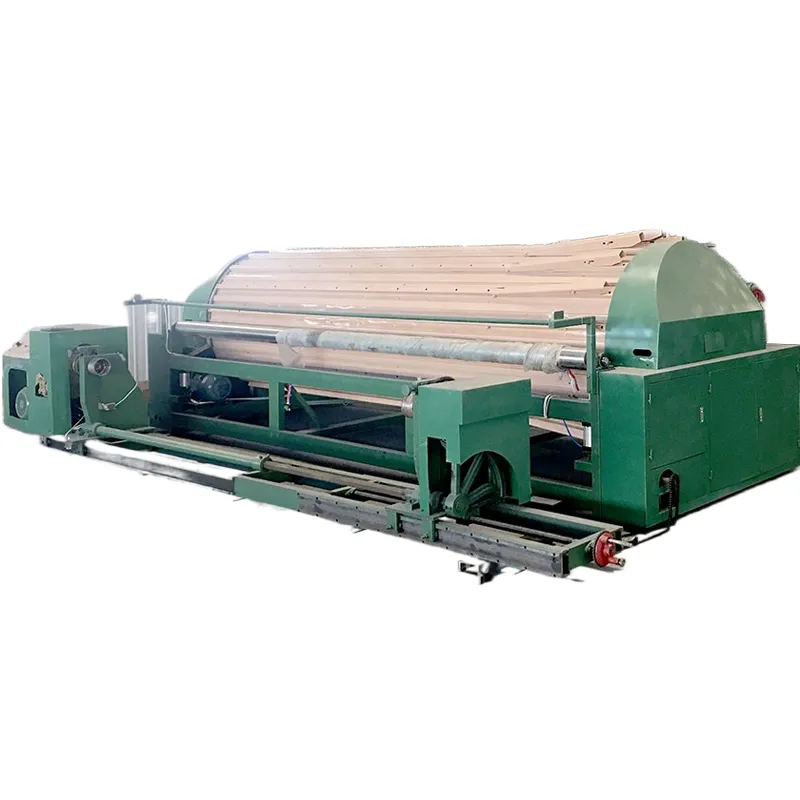
The warping machine features a magnetic powder brake (63 kg), photoelectric protection, infrared stop, and a Hongke control system. These components ensure high stability, automation, and ease of operation. The uniform winding of the warp yarn is essential for the subsequent weaving process, as it guarantees even tension and neatness, which are critical for producing high-quality window screens.
3. Weaving Machine
The Weaving Machine is responsible for interlacing the warp and weft yarns to create the mesh structure of the window screen. The 260 Type model, for example, has a machine size of 4.2 meters in length, 1.8 meters in width, and 1.45 meters in height. It operates with a power of 1.5 kilowatts and weighs 1.8 tons. The machine can weave at a speed of 135-165 times per minute, producing a flat mesh surface with clear texture and square mesh patterns.
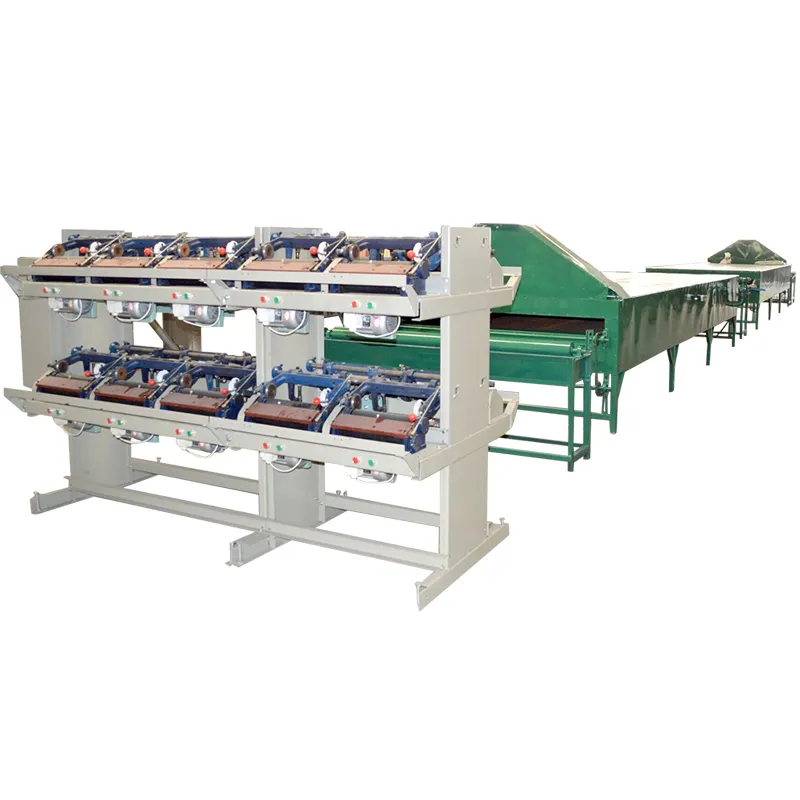
The weaving machine is equipped with a 45 kg magnetic powder clutch and Tiger King electric control system, allowing for electronic warp sending and winding. This advanced technology ensures high production efficiency and precision, making it ideal for large-scale manufacturing of window screens.
4. Coating Machine
The Coating Machine is used to shape the finished window screen by applying high-temperature treatment. This process bonds the warp and weft yarns together, enhancing the strength, aesthetics, durability, and flatness of the mesh surface. The main model of this machine is electric heating, with a length of 320 meters, a width of 32 meters, and a height of 4.5 meters. It has a power consumption of 220 kilowatts and features four ovens for magnetic powder winding, producing 2000-2200 meters of mesh per hour.
The high-temperature shaping process is crucial for ensuring the structural integrity of the window screen. By bonding the yarns together, the coating machine significantly improves the product's resistance to wear and tear, making it suitable for both residential and commercial applications.
5. Mesh Quality Inspection Machine
The Mesh Quality Inspection Machine is designed to monitor the length and density of the mesh during production. It has an electric machinery power of 2.2 kilowatts, an external size of 3100x920x1550 mm, and a gross weight of 500 kg. This machine can supply up to 8 sets of weaving machines, ensuring consistent quality across the production line.
The inspection machine plays a vital role in maintaining the quality standards of the final product. By continuously monitoring the mesh parameters, it helps identify any defects or inconsistencies, allowing for immediate adjustments to be made in the production process.
Technical Specifications Table
| Machine Type | Size (LxWxH) | Power (kW) | Weight (tons) | Speed (meters/hour or times/minute) |
|---|---|---|---|---|
| Fiberglass Yarn PVC Coating Machine | 26m x 2m x 1.8m | 18 | N/A | 800 kg/24h (28-30 threads) |
| Warping Machine (260 Type) | 4.2m x 1.75m x 1.25m | 15 | 2 | 800-1200 m/h |
| Weaving Machine (260 Type) | 4.2m x 1.8m x 1.45m | 1.5 | 1.8 | 135-165 times/min |
| Coating Machine | 320m x 32m x 4.5m | 220 | N/A | 2000-2200 m/h |
| Mesh Quality Inspection Machine | 3100x920x1550 mm | 2.2 | 0.5 | 8 sets of weaving machines |
Applications and Industry Impact
The Fiberglass Mosquito Net Machine is widely used in the production of window screens, insect barriers, and other mesh-based products. Its ability to produce high-quality, durable mesh makes it an essential tool for manufacturers in the construction, home improvement, and agricultural sectors. The machines are particularly suited for creating window screens with specifications such as 14x17, 16x18, and 20x20, which are commonly used in residential and commercial buildings.
According to the National Institute of Standards and Technology (NIST), advancements in manufacturing technologies are critical for improving product quality and efficiency. The Fiberglass Mosquito Net Machine aligns with these goals by incorporating automation, precision engineering, and high-performance materials. As noted by NIST, "The integration of advanced technologies in manufacturing processes not only enhances product reliability but also reduces production costs and environmental impact" (NIST, 2025).
Company Background: Anping Hongke Wire Mesh Machinery Factory
The Anping Hongke Wire Mesh Machinery Factory is a leading manufacturer of industrial machinery, specializing in the production of fiberglass mesh and mosquito net machines. With years of experience in the industry, the company has established itself as a trusted name in the field of wire mesh and mesh-making equipment. Their commitment to innovation, quality, and customer satisfaction has enabled them to serve a global clientele.
As highlighted by NIST, "Companies that invest in research and development, as well as in the adoption of advanced manufacturing technologies, are better positioned to meet the evolving demands of the market" (NIST, 2025). Anping Hongke exemplifies this principle by continuously refining their machinery to meet the highest standards of performance and reliability.
Advantages of the Fiberglass Mosquito Net Machine
The Fiberglass Mosquito Net Machine offers several advantages that make it a preferred choice for manufacturers:
- High Efficiency: The machines are designed for high-speed production, ensuring maximum output with minimal downtime.
- Durability: The use of high-quality materials and advanced coatings enhances the longevity of the produced mesh.
- Automation: The integration of automated systems reduces the need for manual labor and improves precision.
- Customization: The machines can be tailored to produce mesh with specific dimensions and specifications, catering to diverse customer needs.
- Cost-Effectiveness: By optimizing the production process, the machines help reduce material waste and operational costs.
Conclusion
The Fiberglass Mosquito Net Machine represents a significant advancement in the production of high-quality window screens and mesh products. With its comprehensive production line, advanced technologies, and commitment to quality, Anping Hongke Wire Mesh Machinery Factory has set a new benchmark in the industry. As the demand for durable and efficient mosquito nets continues to grow, this machinery is poised to play a pivotal role in meeting the needs of manufacturers and consumers alike.
References
National Institute of Standards and Technology (NIST). (2025). Advancements in Manufacturing Technologies. Retrieved from https://www.nist.gov

Pervious








